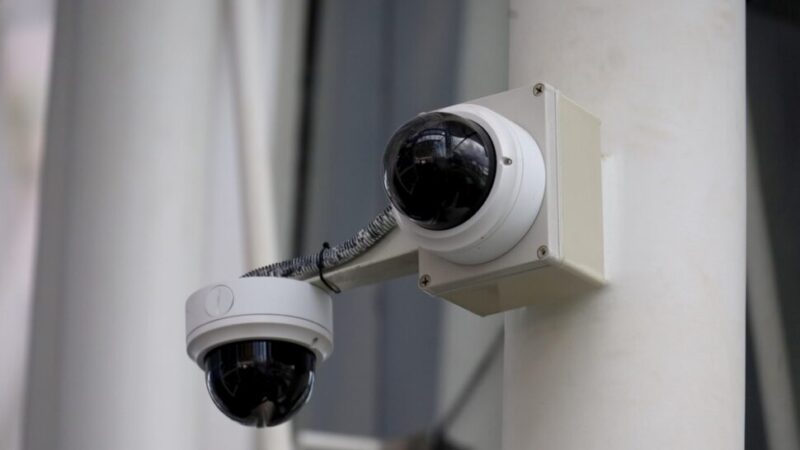Unlocking Tomorrow: How Saudi Arabia’s Data Infrastructure Revolution is Transforming Lives and Business

In the globalized world, data is the new oil and Saudi Arabia is realizing this more than any other nation. The Kingdom has invested heavily in Saudi Arabia data infrastructure and it is not about pushing technology transformation but a total breakthrough of the way things are done, the way people live, work and interact with one another. A digital revolution is taking root in the country that is being introduced discreetly in the busy streets of Riyadh to the arid deserts. It will not only be faster internet, better connectivity, but also about creating opportunities and a better life, but it will also place Saudi Arabia as a leader in the digital age. And the gains spread out to all levels of society, including commerce, households, education and entrepreneurs.
- Building the Digital Foundation for Economic Growth
A strong data infrastructure has been the foundation of unprecedented economic growth of Saudi Arabia in various sectors. The improved connections and computing empower companies to be more efficient, take informed decisions based on data, and expand operations within a short period. Automated systems enable companies to have access to real-time market information, can optimize the supply chain, and minimize the cost incurred in operation. Such a digital base invites foreign investment, and companies in other nations are looking to find places offering dependable, fast data networks.
- Enhancing Educational Excellence through Smart Learning
The onset of changes which occurred in the field of education in Saudi Arabia due to implementation of sophisticated data infrastructure creates new opportunities for students and teachers. The fast internet connectivity facilitates smooth online learning where students in rural regions can get as good an education as their urban counterparts. Virtual laboratories, interactive digital classrooms and multimedia materials increase the level of understanding and interest in all the subjects. Educators will be able to employ advanced teaching and assessment solutions, monitor the progress of all students in real-time, and customize learning to each student according to their needs and abilities.
- Revolutionizing Healthcare Delivery and Patient Care
The improved data infrastructure in Saudi Arabia is changing the healthcare provision system in the kingdom as medical services have become more accessible, quicker and more accurate. Telemedicine systems also have the ability to associate patients belonging to remote locations with the specialists of big cities, which not only minimize the travel-related expenses and time but also ensure better access to high-quality care. The systems of electronic health records guarantee that the information about patients is immediately accessible to the appropriate medical workers, which promotes the increased alignment of care and the decreased rate of medical errors. The infrastructure facilitates the real-time tracking of individual patients who have chronic conditions so that they can be promptly intervened upon and prevent serious complications.
- Empowering Citizens through Seamless Digital Government Services
Modernization of the government services includes the advanced data infrastructure, which makes the experience in the public sector more efficient, transparent, and easy to navigate. Digital media allows citizens to obtain government services without limitation to time and place, so they will not have to visit a government office several times. Online portal also makes it efficient in renewing licenses, applying permits, and checking documents that reduce the bureaucracy and increase satisfaction. The infrastructure enables safe digital identity systems, so the transaction is even safer and convenient. This will have the benefit of more coordination of services by the government agencies as far as duplication is concerned and the manner in which they assign their resources.
- Accelerating Innovation and Entrepreneurship Ecosystem
Saudi Arabia has one of the most innovative infrastructures in the world, which have enabled the country to pioneer things and practice entrepreneurship in various sectors. Small firms and start-up enterprises can get the advantages of high computing capabilities, advanced analytical and data analytics tools, and entry into international markets without huge initial investments. The infrastructure results in nimbleness in prototyping, testing and launching of novel products and services, which speeds up the innovation lifecycle. Entrepreneurs could work with partners in other parts of the world and could avail of international sources of funds and could expand operations fast. The emerging technologies like artificial intelligence, blockchain, and the application of Internet of Things are enabled in the system.
- Strengthening Cybersecurity and Digital Trust
The extensive information infrastructure in Saudi Arabia has a high-security level in terms of cybersecurity, which brings security to businesses, citizens, and government functions against digital threats. Multi-layered protection systems are used; they are placed on a traffic network and watch the traffic, which allows preventing and avoiding cyber-attacks before the damage has occurred. The infrastructure also consists of secured communication lines that help transmit the information in a sensitive manner thus keeping it secretive and confidential. Systems are checked regularly against the newest threats as security updates and patches are applied automatically. The strength of the security platform makes users trust it, which promotes the expansion of using digital services and purchasing via the internet.
- Boosting Smart City Development and Urban Planning
Smart city initiatives in the kingdom of Saudi Arabia are based on its sophisticated data infrastructure that enhances the sustainability and good urban living conditions. Traffic management systems work with real-time data to see traffic congestions and improve the timing of traffic signals so that the air quality becomes better. Smart energy grids are more efficient in distribution of power that minimises waste and facilitates on cost to consumers. The infrastructure allows implementing Internet of Things sensors in every part of a city, tracking such phenomena as the quality of water, noise, and many other aspects.
Conclusion
The move by Saudi Arabia to invest in world-class data infrastructure and data center management is not merely a technological progression but a promise to provide a better future for all citizens. The gains of this are not confined to high speed internet or even more efficient systems, but there are carryovers to every aspect of life, such as in healthcare, education, business and government services.







